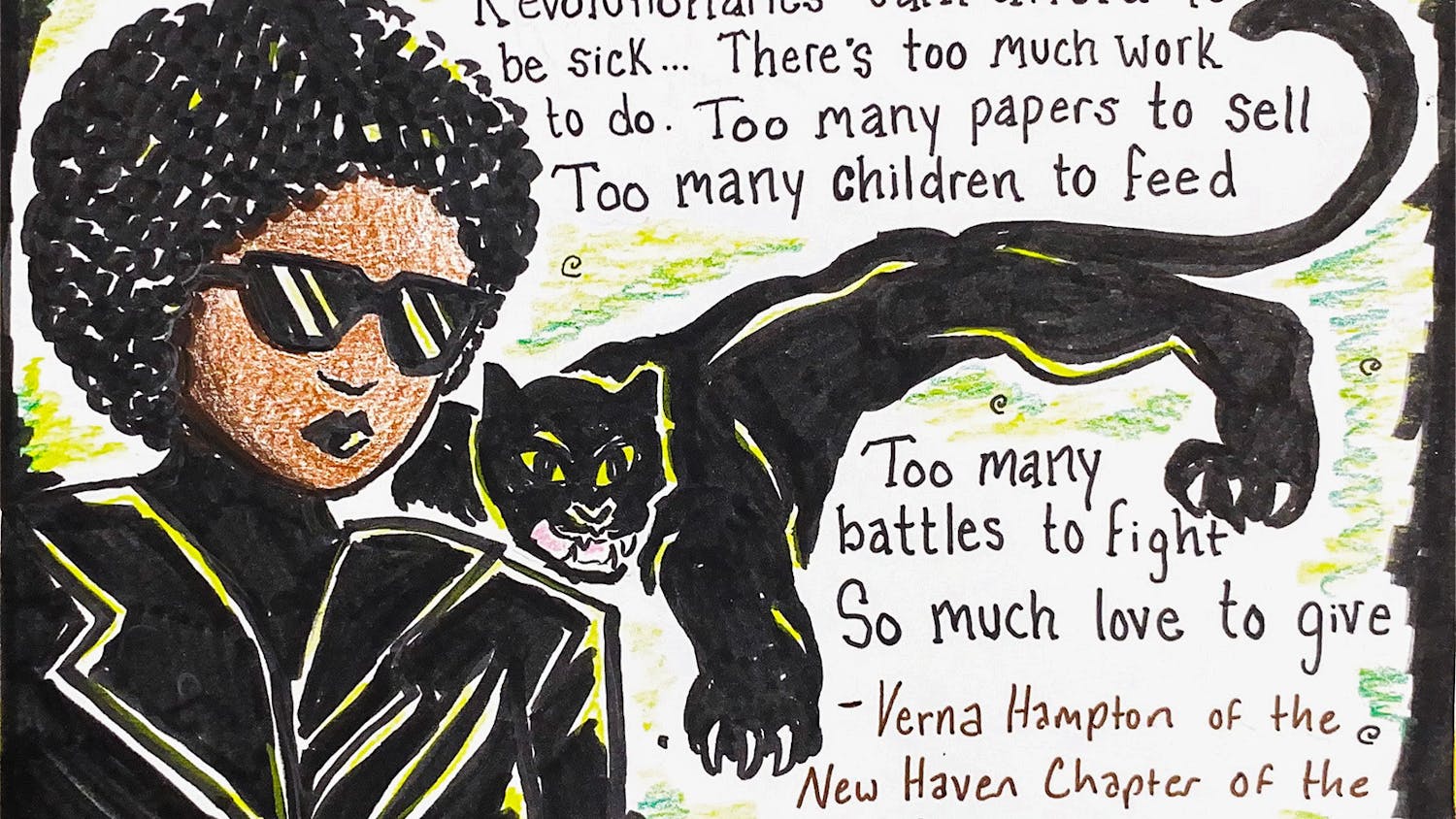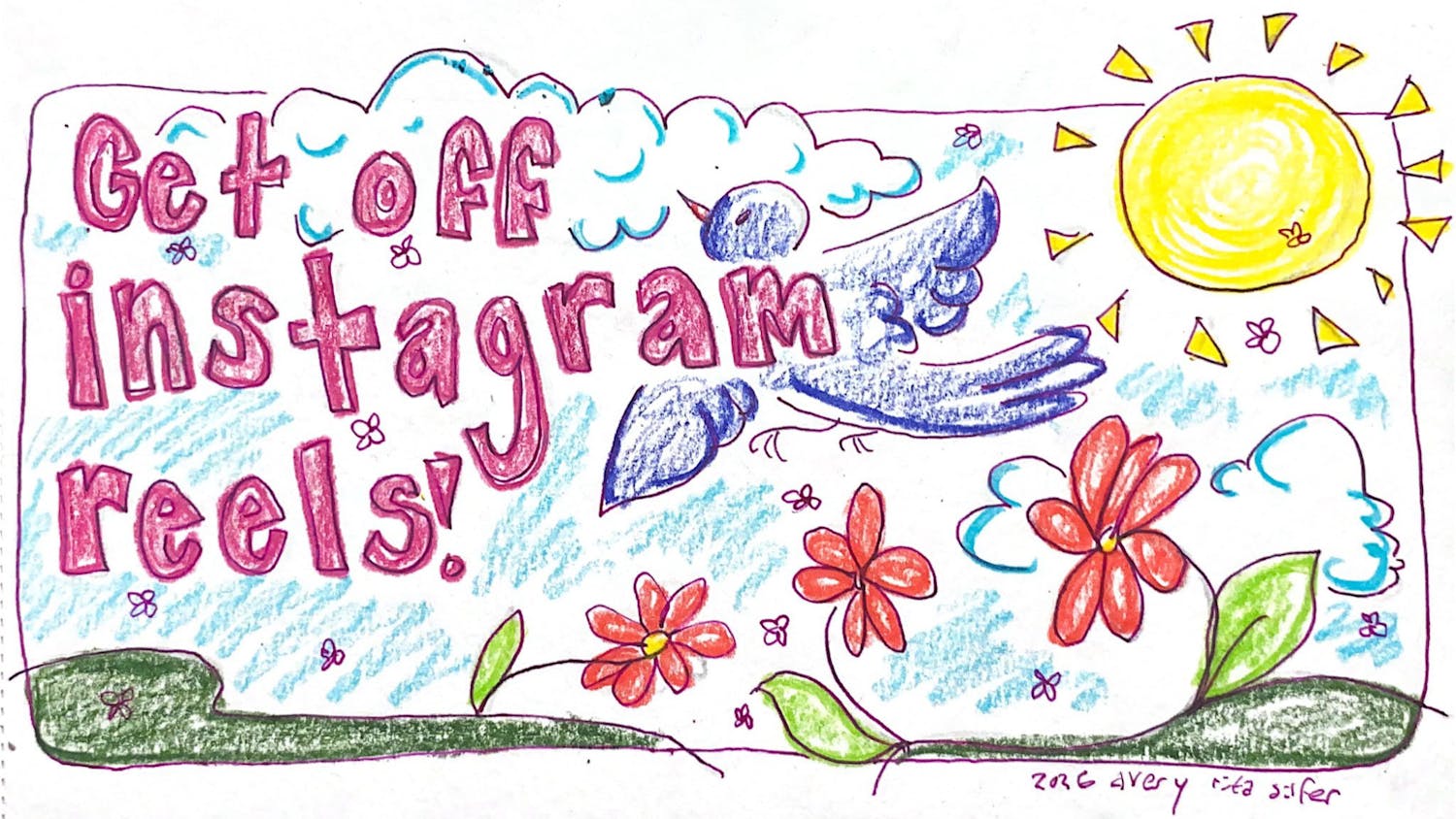As the University of New Mexico moves online, the fine arts departments are faced with challenges on how to move hands-on subjects to a remote education.
Many courses were adapted to work from home, which provided challenges like accessibility to the internet and the necessary equipment to work.
Andrea Polli, professor of art and ecology, said that art students will struggle with a lack of equipment like 3D printers and laser cutters, which were provided for them at school. Fortunately, Polli’s students bought art kits at the start of the semester and are still able to work from home, although limited.
Some courses, like musical ensembles, were canceled completely.
Eric Lau, head of the music department, told students during a recital attendance lecture that they would be given credit for these courses as if they were completed, which was then reiterated by the music conductors.
“From what it sounds like, they’re going to be giving us a lot of credit but that raises some concerns for me as I want to make sure I’m learning all the material I need to know,” Maxwell McGrael, sophomore percussionist, said.
Polli said work outside of class will be difficult to replicate, like open lab hours for students to work during and a hands-on lab manager that helped students. Students had already been working together on “Slack,” an online program designed for working remotely, which they will continue doing to reproduce this environment.
Online classes could create new opportunities for both students and professors, including student accessibility and course adaptations, according to McGrael.
Professors have been adapting classes in many different ways. Dr. Dominika Laster, associate professor of theatre and performance studies, said the theatre department is modifying classes through online partner and scene work, recorded performances and virtual performances.
“We, in the Theatre area, are committed to supporting our students and making sure that they are able to finish the classes in which they are enrolled this term-- even if by means other than what we had originally imagined,” Laster said.
Polli said another difficulty in this transfer, as a professor, is comforting students during the pandemic.
“Some professors and I were talking, and we were saying ‘oh, okay, now we’re going to need to reassure the students’... I don’t feel reassured; I feel scared,” Polli said. “It’s so unknown. We’re not experts in this. Can we honestly really reassure our students and say everything’s going to be okay? Everything’s not okay.”
Get content from The Daily Lobo delivered to your inbox
McGrael and graduate student percussionist Camaron Anderson said that many fine arts students are struggling with motivation in self-isolation.
“The thing that works best for me is when I schedule practice time and treat it like I would with class or work,” Anderson said.
Anderson said he was scheduled to have his degree-required recital on March 29th in Keller Hall. This will now be a future virtual recital with whatever equipment that is available, according to a listserv email from Lau.
New Mexico Gov. Michelle Lujan Grisham and New Mexico Health Secretary Kathy Kunkel issued a public order with a stay-at-home instruction, as well as the closure of all non-essential businesses, on March 23 that will remain in effect until April 10, at least.
“The suspension of live communing and being distanced from that community — even if temporary — can be quite difficult,” Laster said.
McGrael and Anderson said that the lack of social interactions will be difficult for the fine arts community. Polli said that hopefully, online interactions will be enough to get the departments through this.
“In the arts [world], performing and visual, there’s a strong sense of community,” McGrael said. “Not being able to play with each other might hurt us.”
As well as lack of social contact, a regular source of income has dwindled for many fine arts students and professionals according to Anderson.
“Our gigs are canceled for the foreseeable future so we don’t really have a consistent income,” Anderson said.
There are various organizations and funding accessible for the art community, including grants and relief funds from 501(c)3 nonprofit organizations and unions. A “New Mexico Musicians Relief Amid COVID-19” Go Fund Me page has been set up for local musicians and has raised about $26,000 so far. Musicians are able to apply online to receive this funding.
“It’s frustrating for everyone to have the semester come to this weird fizzle out at the end, especially for those of us who were graduating or had something major coming at the end of the semester,” Anderson said.
Numerous physical and mental health resources for the fine arts community are available. This ranges from the Music Industry Therapist Collective, a group that specializes in psychotherapy specifically for musicians, to Leading Lady Fitness, online fitness classes for women that work at home.
“Self-isolation can occasion a time and space for deeper reflection and restoration -- be that through unplugging, reading, experimenting with new art practices, communing with nature, or simply allowing oneself to be,” Laster said.
Laster added that the fine arts departments will lose some box-office profits due to various canceled events and performances but this is not expected to have an overwhelmingly negative impact.
Megan Gleason is a beat reporter for the Daily Lobo. She can be contacted at culture@dailylobo.com or on Twitter @fabflutist2716






